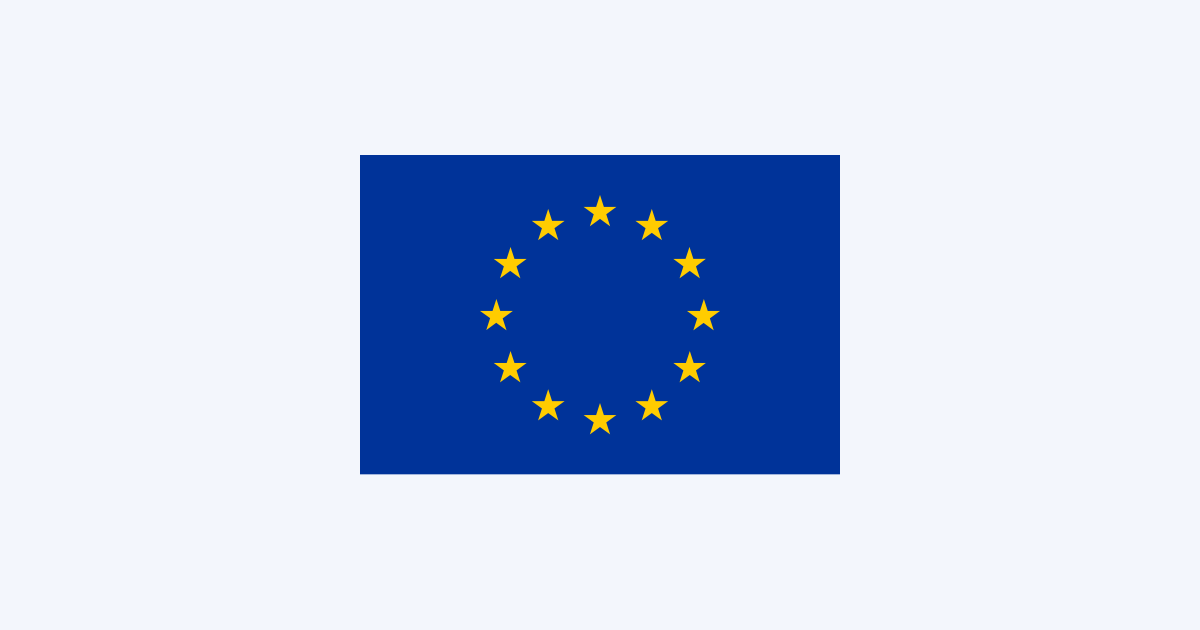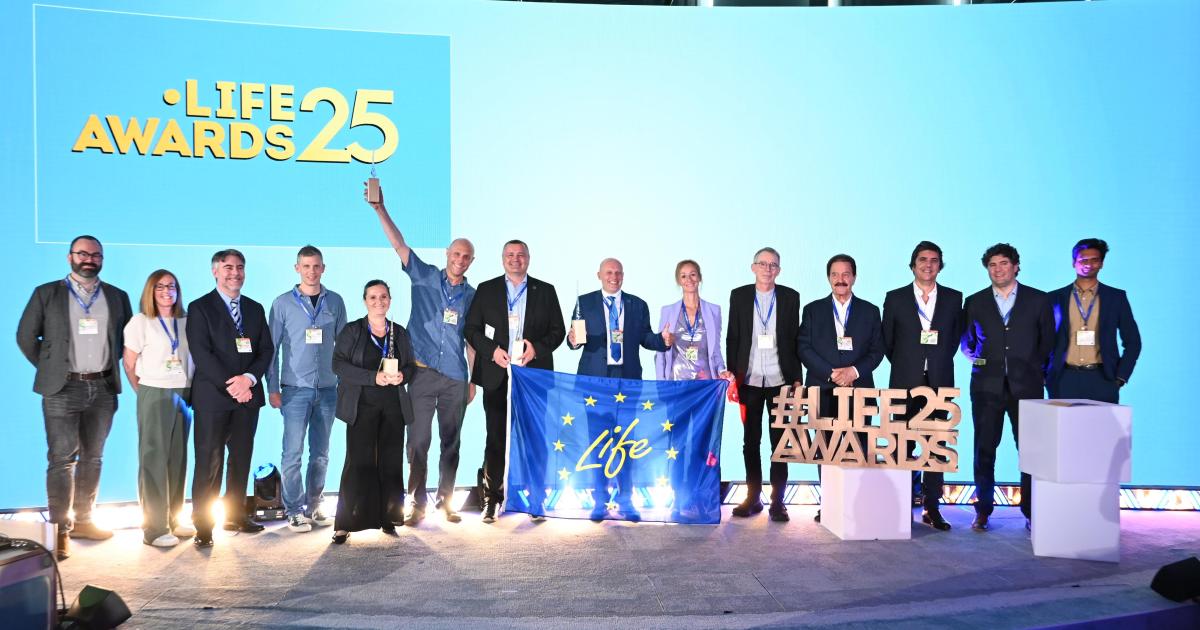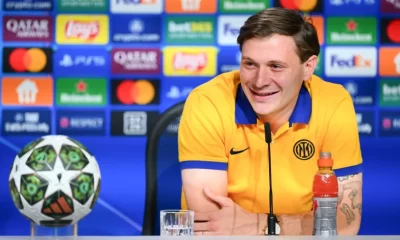Politics
Tragedy in Confinement: The Death of Alexei Navalny Stirs Global Outcry
The sudden death of Alexei Navalny, Russia’s most prominent opposition figure and a vocal critic of President Vladimir Putin, has sent shockwaves through the international community and Russia itself. Navalny, known for his relentless fight against corruption and his advocacy for democratic reforms, collapsed during a walk in Penal Colony No. 3 in the Yamalo-Nenets Autonomous Okrug on February 16, 2024, as reported by the Russian state news agency RIA Novosti, citing the Department of the Federal Penitentiary Service.
Navalny‘s death has been met with a flurry of reactions, ranging from silence and controlled narratives within Russia to outright condemnation and calls for accountability from Western leaders and international organizations. The Kremlin’s response, as relayed by presidential spokesman Dmitry Peskov, was to inform President Putin and defer to medical experts to determine the cause, while Navalny’s spokeswoman, Kira Yarmysh, has been left awaiting confirmation and details of the circumstances surrounding his demise.
Navalny’s return to Russia in 2021, following an attempt on his life via nerve agent poisoning—a claim substantiated by Western laboratories but denied by the Kremlin—underscored his commitment to his cause and country, despite the risks. His subsequent sentencing to 19 years and the designation of his Anti-Corruption Foundation as an “extremist organization” highlighted the increasingly repressive environment for dissent in Russia.
The directive from the pro-Kremlin party United Russia to lawmakers to refrain from commenting on Navalny’s death, as reported by independent Russian news outlet Agentstvo, and the anonymous insights from both former and current Russian government officials to Euractiv and The Moscow Times, respectively, suggest a complex interplay of fear, control, and acknowledgment of the harsh realities faced by prisoners like Navalny.
Internationally, Navalny’s death has been mourned as a stark reminder of the perils faced by those who challenge authoritarian regimes. Statements from France’s Foreign Minister Stephane Sejourne, European Commission President Ursula von der Leyen, NATO Secretary General Jens Stoltenberg, and European Parliament President Roberta Metsola not only pay tribute to Navalny’s courage and resilience but also point to the Kremlin’s responsibility for creating the conditions leading to his death.
As the world grapples with the implications of Navalny’s passing, the call for a thorough investigation and accountability is clear. The narrative of Navalny’s life, marked by his unwavering pursuit of a more transparent and democratic Russia, stands in stark contrast to the silence and obfuscation surrounding his death. It is a tragic end that raises serious questions about the state of human rights and freedom of expression in Russia, and the international community’s role in supporting those who dare to speak out.
The legacy of Alexei Navalny, as a symbol of resistance against oppression and as a beacon of hope for many Russians, remains undiminished. His death may serve as a catalyst for renewed scrutiny of Russia’s human rights record and its treatment of political prisoners, ensuring that his fight for a better Russia continues even in his absence.
Politics
‘Shaping tomorrow and navigating uncertainty: the future of the euro area’ – speech by the Eurogroup President, Paschal Donohoe, at Centre for Financial Studies, Goethe University


© FRVS+MPCP 2022. The European Times® News is registered as an EU Trademark. All rights reserved. The European Times® and the logo of The European Times® are EU trademarks registered by FRVS+MPCP.
Members/Partners of

About Us
Popular Category
DISCLAIMER OPINIONS: The opinions of the authors or reproduced in the articles are the ones of those stating them and it is their own responsibility. Should you find any incorrections you can always contact the newsdesk to seek a correction or right of replay.
DISCLAIMER TRANSLATIONS: All articles in this site are published in English. The translated versions are done through an automated process known as neural translations. If in doubt, always refer to the original article. Thank you for understanding.
DISCLAIMER PHOTOS: We mostly used photos images that are readily available online, from free sources, or from the people promoting the news. If by any chance it happens that we have used one of your copyrighted photos, please do not hesitate to contact us and we will take it down without question. We do not make profits as this is a not for profit project to give voice to the voiceless while giving them a platform to be informed also of general news, and it is completely free.
Editor Picks
Politics
Nature, climate, and circular economy projects emerge as winners at the 2025 LIFE Awards

Three outstanding LIFE projects were awarded the LIFE Awards 2025, held as part of European Green Week to recognise excellence in nature conservation, circularity and climate resilience.
The winners were selected from nine finalists in three categories: nature, circular economy and quality of life, and climate action. Together, they represent some of the most creative and impactful initiatives helping to create a greener Europe.
The LIFE Award for Nature went to LIFE Lynx, which brought together conservationists, hunters and local communities to successfully reverse the decline of the Alpine Lynx in the Dinaric Alps. The runners-up in this category were LIFEraisedbogs and LIFE living Natura 2000.
LIFE Lynx also won the LIFE Citizens’ Prize, awarded to the project that received the most public support in an online vote.
The winner of the LIFE Award for Circular Economy and Quality of Life was LIFE POPWAT, which piloted a new nature-based technology to remove hazardous man-made chemicals from contaminated water in Czechia and Poland. The runners-up in this category were LIFE EMERALD and LIFE LANDSCAPE FIRE.
The winner of the LIFE Award for Climate Action was LIFE DESERT-ADAPT, a project combating desertification improving soil quality, improved water retention capacity and improved ecosystem resilience in Italy, Spain and Portugal. The runners-up in this category were NATURAL HVACR 4 LIFE and LIFE Natur’Adapt.
This year a special category was introduced – “Rising Star Recognition” – for projects making a remarkable contribution to the circular economy. This special Award went to LIFE RE-ZIP, a Danish project which aims to replace thousands of tonnes of commercial packaging waste with more environmentally friendly reusable eCommerce packaging. When the project ends in 2026, more than 120 million reusable packages will be in circulation, with 17,000 tonnes of cardboard and plastic waste saved and more than 300 jobs created.
About the LIFE Awards
The LIFE Awards celebrate the most impactful projects implemented under the LIFE Programme each year. Since 1992, LIFE has funded thousands of projects focused on environmental protection and climate action.
The LIFE Awards 2025 were awarded by a jury of experts including Konstantinos Bakoyannis, Chair of the Commission for the Environment, Climate change and Energy (ENVE) of the European Committee of the Regions; Sara Segantin, a writer, journalist, science storyteller and EU Climate Pact Ambassador and Hans Bruyninckx, Professor of Environmental Governance at the University of Antwerp, former European Environment Agency (EEA) Director, and Member of the International Resource Panel.
The jury commended the winners for the immediate and long-term environmental, economic and social improvements of their projects. They recognised their innovation, scale-up potential, and relevance to the EU’s decarbonisation, circularity and biodiversity goals.
Full list of LIFE Awards 2025 finalists
Nature Protection
LIFE Lynx: bringing together conservationists, hunters and local communities to successfully reverse the decline of the Alpine Lynx in Slovenia and Croatia.
LIFEraisedbogs: restoring over 900 hectares of rare raised peat bogs across 10 different sites in Denmark.
LIFE living Natura 2000: campaigning for understanding, acceptance and appreciation of the Natura 2000 network in Germany.
Circular Economy and Quality of Life
LIFE EMERALD: reducing air pollution and improving citizens’ health in Ireland.
LIFE POPWAT: piloting new technology to remove hazardous man-made chemicals from contaminated water in Czechia and Poland.
LIFE LANDSCAPE FIRE: combining traditional and modern fire prevention techniques to reduce large-scale forest fires in Portugal and Spain.
Climate Action
LIFE DESERT-ADAPT: tackling desertification by improving soil health, enhancing water retention, and building ecosystem resilience in Italy, Spain and Portugal.
NATURAL HVACR 4 LIFE: developing viable natural air-conditioning systems to replace climate-damaging F-gases (fluorinated greenhouse gases) in Belgium, Germany, France and Czechia.
LIFE Natur’Adapt: promoting climate change adaptation tools among 1 300 managers at 21 natural protected sites across France.
About the LIFE Programme
The LIFE Programme is the EU’s funding instrument for the environment and climate action. It has been bringing green ideas to life since 1992 and, to date, has co-financed over 6,000 projects across the EU and in third countries. For the 2021-2027 period, the European Commission has increased LIFE Programme funding by almost 60%, up to €5.4 billion, and included the clean energy transition sub-programme.
The recently-announced work programme for the implementation of the LIFE Programme in 2025-2027 established an overall budget of €2.3 billion for projects tackling circular economy, zero pollution, nature and biodiversity, climate mitigation and adaptation, and clean energy. The LIFE Programme is managed by the European Climate, Infrastructure and Environment Executive Agency (CINEA).
For further details on the LIFE Awards 2025, please visit the following link.
Politics
Eurojust supports successful operation against human traffickers

Authorities have tracked down and dismantled a human trafficking network operating in Switzerland. The criminal group recruited young vulnerable women in Romania for sexual exploitation. The close cooperation between investigators from both countries, supported by Eurojust and Europol, culminated in an action day on 3 June, during which 18 suspects were arrested.
The criminal group targeted individuals from disadvantaged communities in Romania. The perpetrators approached their victims on social media, luring them with false romantic promises or offers for them to perform sex work abroad under favourable conditions. Once the victims accepted these offers, they were taken abroad to provide sexual services on escort websites and in rented flats. They were kept under constant surveillance by the criminal group and subjected to appalling conditions, working long hours in degrading and unsafe circumstances. The victims were expected to work continuously, regardless of their mental or physical state. Even visibly pregnant women were forced to work without rest.
Investigations into the group uncovered a large-scale network that had been operating across Europe for over seven years. In 2022, its members moved to Switzerland to continue their activities in several Swiss German-speaking cities, particularly Zurich. The suspected leader of the group started to recruit new members, setting up his own criminal school, where he taught techniques enslaving and exploiting victims. In some cases, victims were traded between members in exchange for money or used as stakes in gambling.
A joint action day to dismantle the criminal group took place on 3 June. Authorities arrested 13 suspects in Romania and five in Switzerland. The alleged victims were brought to safety and given support from a counselling service specialising in human trafficking. In addition to targeting the members in Switzerland, the investigations also focused on individuals in Romania who provided logistical support and laundered the proceeds from the criminal activities.
The successful operation was made possible through close cooperation between Romanian and Swiss authorities under the coordination of Eurojust and Europol. A joint investigation team, set up and funded by Eurojust, ensured the authorities could work together quickly and efficiently. Europol supported the national authorities throughout the investigation by facilitating the exchange of critical intelligence and providing expert analytical support, including the preparation of link charts on the organised crime group. On the action day, Europol provided remote assistance to investigators by cross-checking operational data in real time.
The following authorities carried out the operation:
- Romania: Prosecutor’s Office attached to the High Court of Cassation and Justice – Directorate for Investigating Organised Crime and Terrorism, Bacau Territorial Service; Police Brigade for Combating Organised Crime Iași, Police Service for Combating Organised Crime Neamț; Neamț and Bacău County Gendarmerie Inspectorates; Mobile Gendarmerie Unit Bacău.
- Switzerland: Public Prosecutor’s Office of the canton of Zurich; Zurich City Police
Authorities have tracked down and dismantled a human trafficking network operating in Switzerland. The criminal group recruited young vulnerable women in Romania for sexual exploitation. The close cooperation between investigators from both countries, supported by Eurojust and Europol, culminated in an action day on 3 June, during which 17 suspects were identified.
Source link
-
EU & the World3 days ago
Aurora Borealis Forecast: Where & When to See the Northern Lights Tonight
-

 Sports4 days ago
Sports4 days agoChampions League Final 2024-2025: PSG-Inter, official lineups
-

 EU & the World7 days ago
EU & the World7 days agoWhat Is Kevin Costner’s Net Worth? How Much the Actor Makes
-

 EU & the World7 days ago
EU & the World7 days ago‘Survivor’ Season 50 Cast: See Which Stars Are Competing
-

 EU & the World7 days ago
EU & the World7 days agoTodd Chrisley’s Kids: Everything To Know About The 5 Children He Shares With Julie
-

 Sports5 days ago
Sports5 days agoPSG-Inter, Nicolò Barella jokes about Gianluigi Donnarumma
-

 EU & the World4 days ago
EU & the World4 days agoRihanna’s Parents: About Her Late Dad Ronald Fenty & Mom Monica Braithwaite
-

 Sports7 days ago
Sports7 days agoJasmine Paolini wants to try not to think about the triumph in Rome









